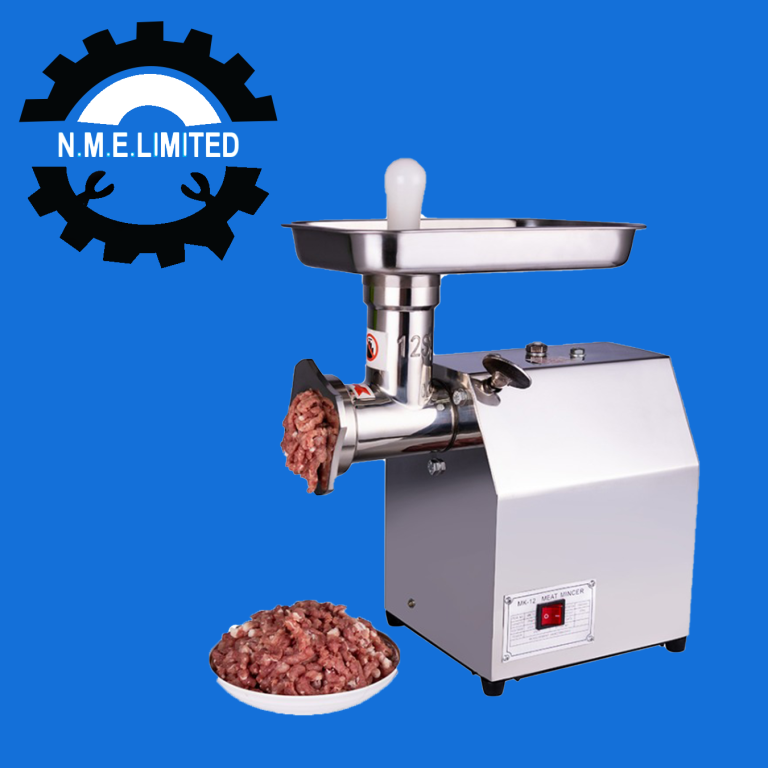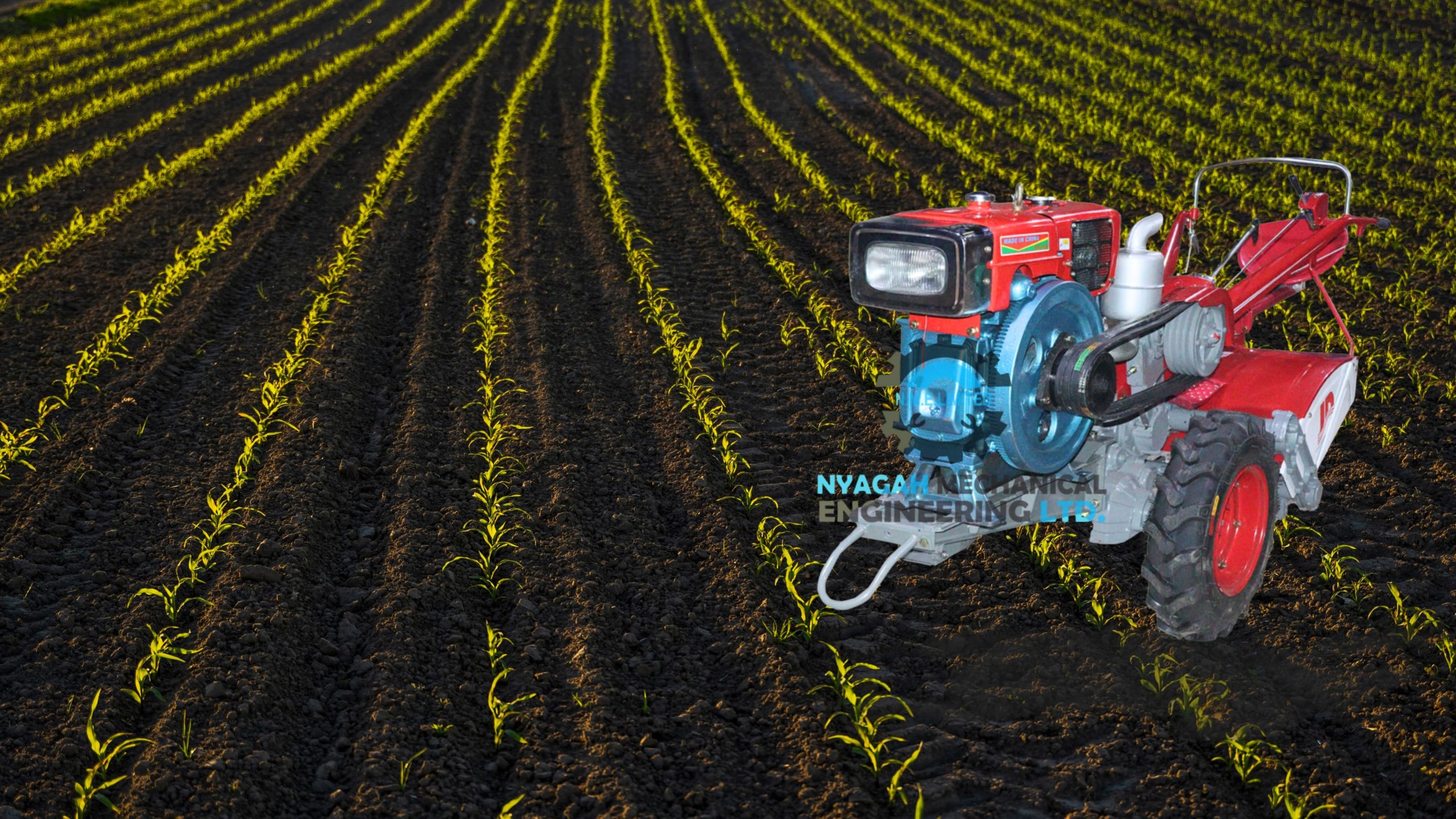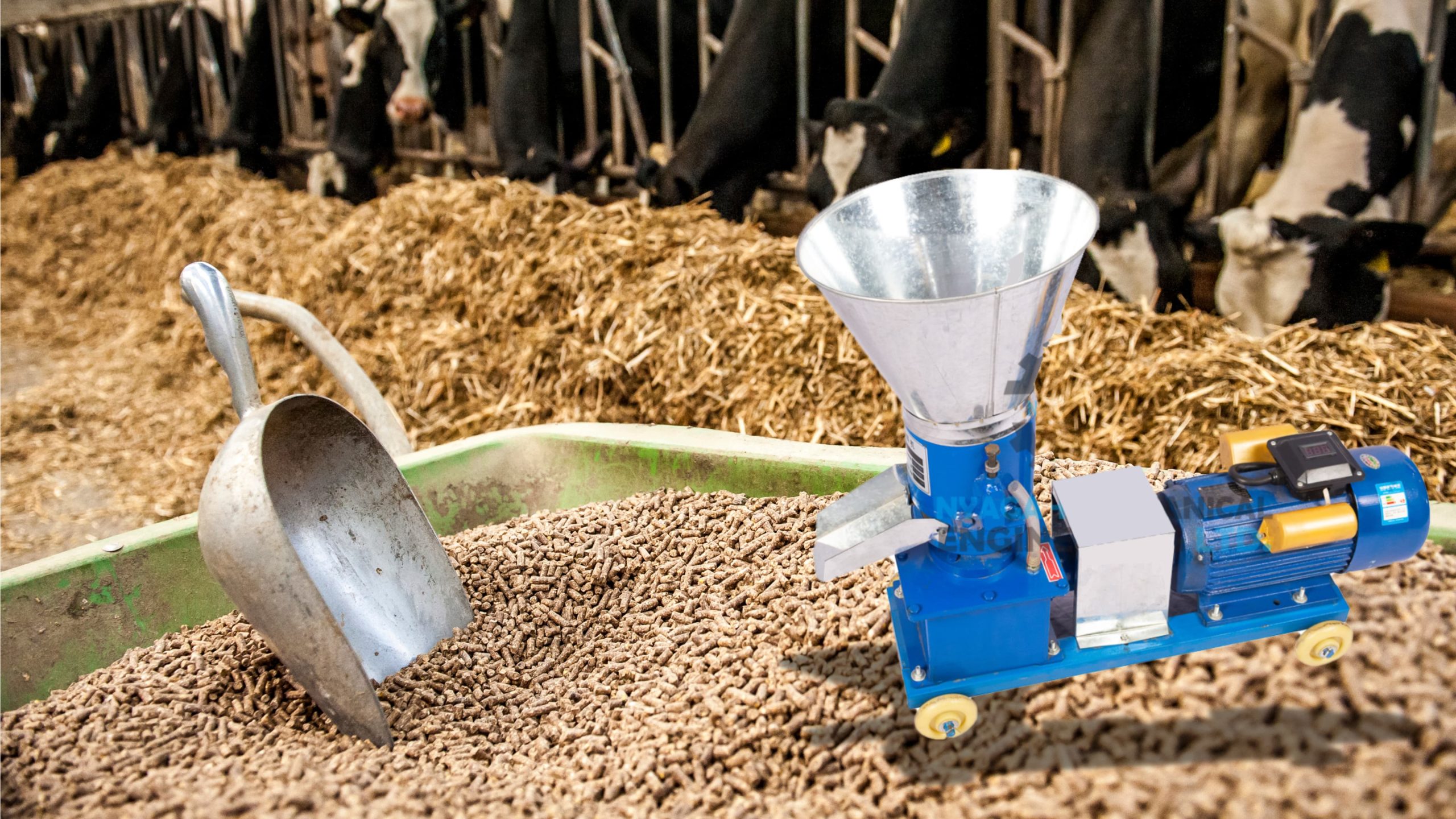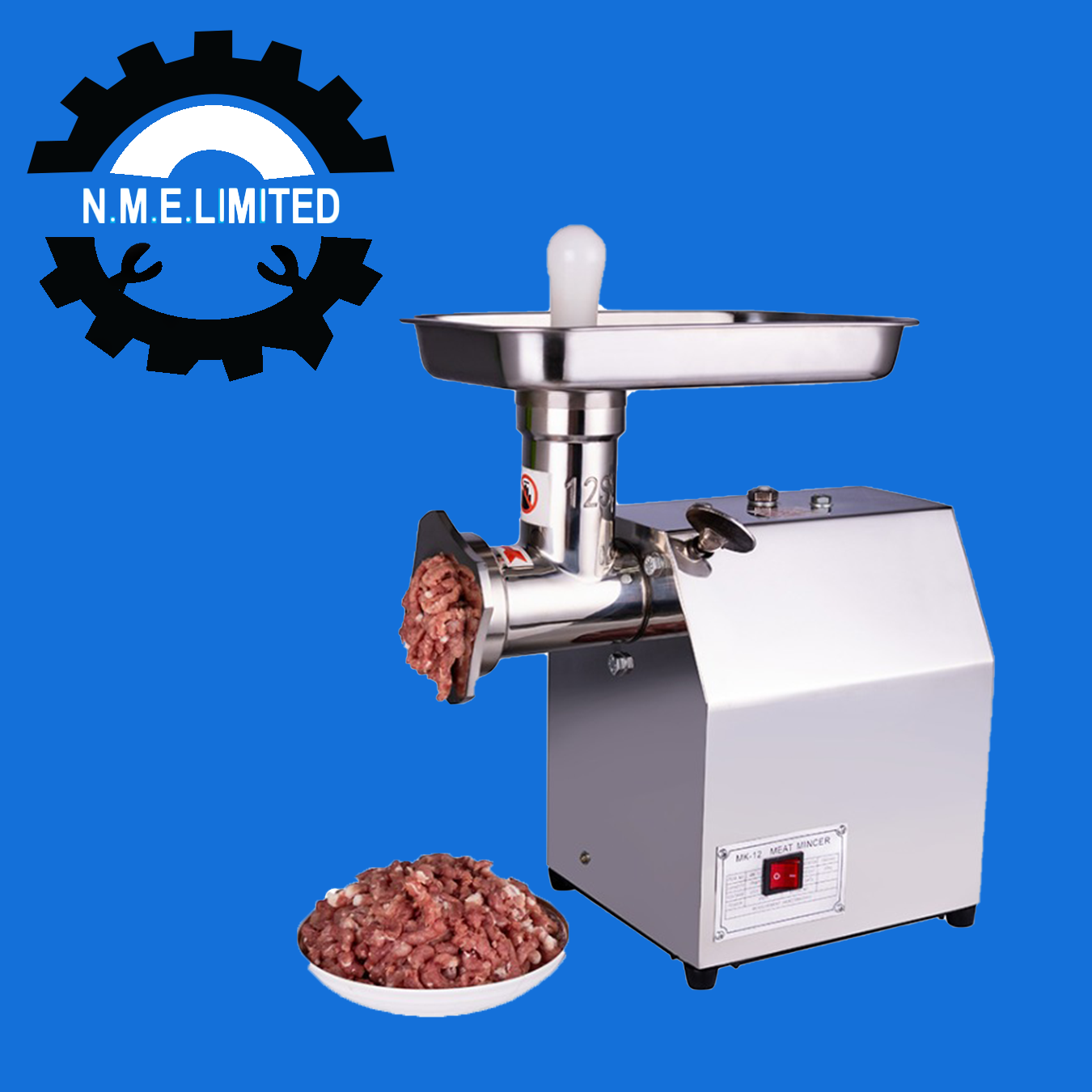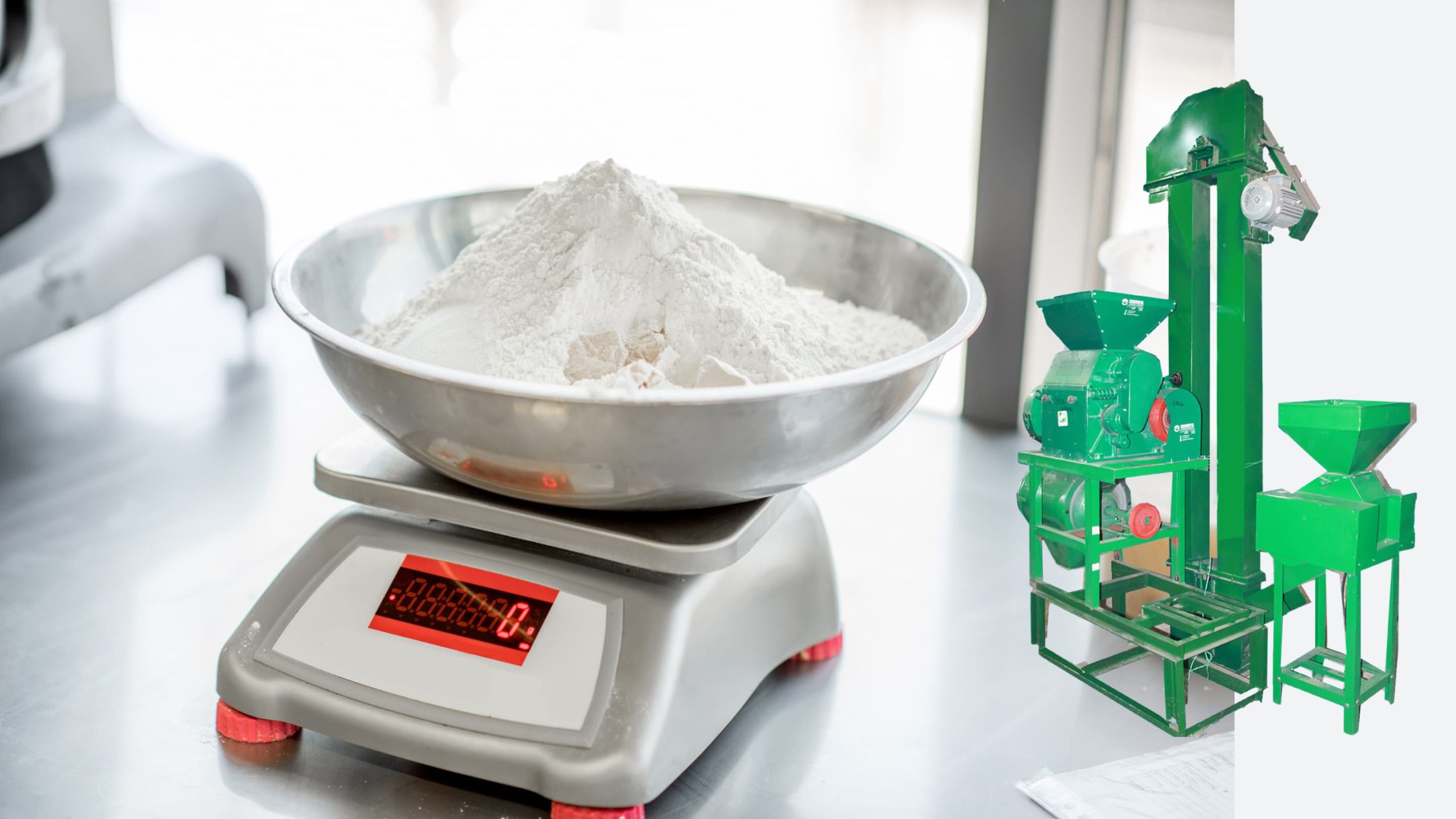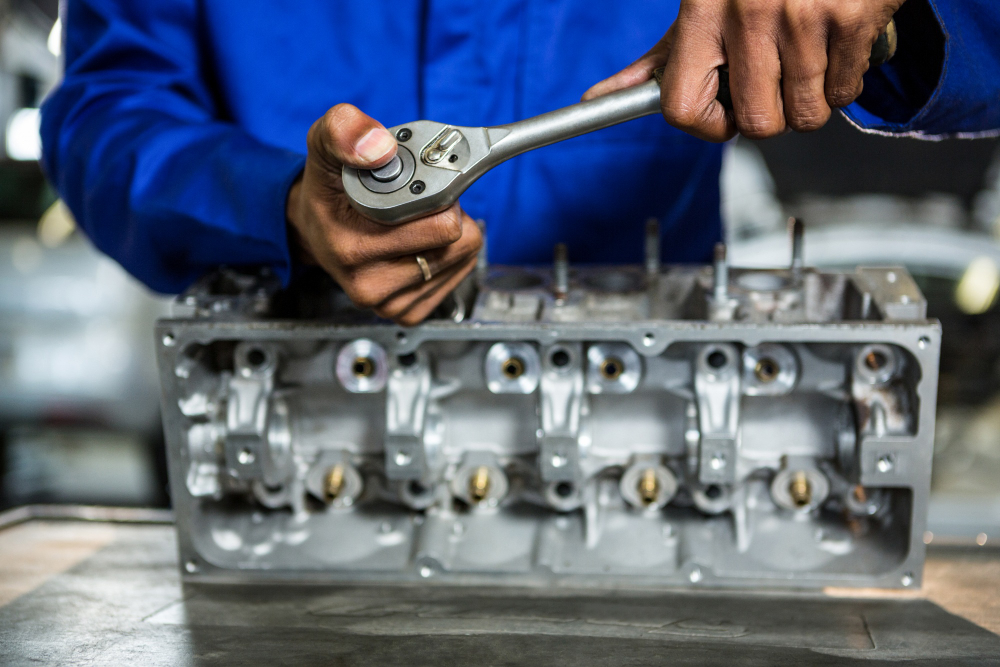The butchery business remains one of the most lucrative ventures in Kenya. Meat is a staple in many households, restaurants, and hotels — ensuring a consistent market throughout the year. Whether you’re eyeing a small neighborhood butcher shop or a larger meat supply operation, setting up a butchery business can be rewarding if done right. Let’s break down what you need to know to start and thrive in this venture.
Understanding the Butchery Business
A butchery involves sourcing, preparing, and selling meat to customers. This can include beef, goat, lamb, chicken, and sometimes pork, depending on the local demand and cultural considerations.
Butcheries typically fall into these categories:
- Retail butcheries: Sell meat directly to individual customers.
- Wholesale butcheries: Supply meat to restaurants, hotels, and institutions.
- Specialty butcheries: Focus on specific meats or value-added products like sausages and marinated cuts.
Why Start a Butchery Business?
- High Demand: Meat consumption is common in Kenyan households, with goat, beef, and chicken being particularly popular.
- Stable Market: Restaurants, event caterers, and hotels ensure steady bulk orders.
- Profit Margins: A butchery can offer high margins, especially if you source meat directly from farmers.
- Scalability: You can start small and grow into a larger operation or diversify into value-added products.
Setting Up Your Butchery Business
- Conduct Market Research:
- Identify a high-traffic location, preferably near residential areas, markets, or business districts.
- Analyze competitors’ pricing and product offerings.
- Choose the Right Butchery Equipment: Nyagah Mechanical Engineering Limited offers a wide range of high-quality butchery equipment designed to help you run a professional and efficient business. Recommended equipment includes:
- Meat Mincers: Ideal for making minced meat and sausages, popular with Kenyan households.
- Bone Saws: For cutting large meat portions cleanly and efficiently.
- Meat Slicers: Perfect for achieving consistent, attractive cuts for retail display.
- Weighing Scales: Ensure accurate sales and customer trust.
- Cold Storage Equipment: Essential for preserving meat freshness and preventing losses.
- Secure Licensing and Permits:
- Obtain a business license from your county government.
- Get a health and food handling certificate.
- Register with the Kenya Revenue Authority (KRA) for tax compliance.
- Set Up the Butchery:
- Ensure your premises are clean, well-lit, and hygienic.
- Install cold storage for meat preservation.
- Create an appealing display area with glass counters to showcase your meat products.
- Source Meat Suppliers:
- Build reliable relationships with local livestock farmers or suppliers.
- Ensure meat is sourced from approved and inspected slaughterhouses.
- Hire Staff (Optional):
- For a small butchery, you can start alone.
- As you scale up, hiring a skilled butcher and cashier can improve operations.
Running and Growing Your Butchery Business
- Set Competitive Prices:
- Price your meat reasonably to attract customers while maintaining a healthy profit margin.
- Prioritize Hygiene:
- Regular cleaning and adherence to food safety standards are crucial for customer trust.
- Market Your Business:
- Use local signage, word-of-mouth, and social media to promote your butchery.
- Consider offering promotions, especially during festive seasons.
- Diversify Products:
- Introduce marinated cuts, sausages, or even ready-to-grill packs.
- Maintain Equipment:
- Regular servicing of your machines ensures efficiency and prevents breakdowns.
Final Thoughts
Starting a butchery business in Kenya can be a profitable, sustainable venture with the right planning and equipment. By choosing high-quality butchery machinery from Nyagah Mechanical Engineering Limited, you ensure efficiency, product quality, and durability — all key ingredients for a successful butchery. Visit Nyagah Mechanical Engineering Limited to explore our comprehensive range of butchery equipment and get started on your entrepreneurial journey today.

